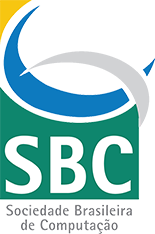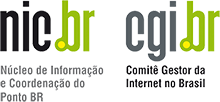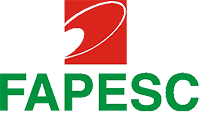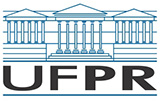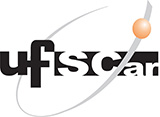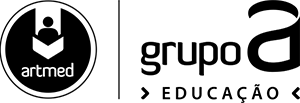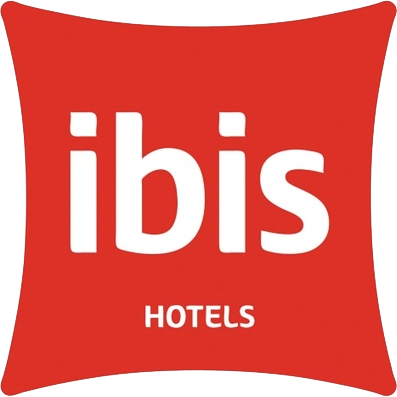| Title | Authors (Affiliation) |
| Mundo dos Sonhos: usando narrativas para ensinar noções matemáticas a crianças | Maryanna Araújo (Universidade Federal do Ceará – Brazil), Jefferson Costa (Universidade Federal do Ceara – Brazil), Johnathan Magalhães (Universidade Federal do Ceara – Brazil), Ingrid Monteiro (Universidade Federal do Ceará – Brazil) |
| STORYTELLER: uma solução digital para a aprendizagem divertida da língua inglesa | Lucas Nascimento (Universidade Federal do Ceará – Brazil), Brenno Nogueira (Universidade Federal do Ceará – Brazil), Edney Lourenço (Universidade Federal do Ceará – Brazil), Jhonny Sousa (Universidade Federal do Ceará – Brazil), Ingrid Monteiro (Universidade Federal do Ceará – Brazil) |
| Tan2Talk: Usando Interface Tangível para Trabalhar a Comunicação Alternativa e Aumentativa via Lúdico | Eliana Moreira (Universidade Estadual de Campinas – Brazil), Marleny Carbajal (Universidade Estadual de Campinas – Brazil), Bruna Panaggio (Unicamp – Universidade de Campinas – Brazil) |
| Garfo Bom – Um Ambiente Computacional para Apoio à Educação Alimentar e Nutricional de Crianças do Ensino Fundamental I | Magno Santos (Universidade Federal dos Vales do Jequitinhonha e Mucuri – Brazil), Luiz Gregório (Universidade Federal dos Vales do Jequitinhonha e Mucuri – Brazil), Mariana Santos (Universidade Federal dos Vales do Jequitinhonha e Mucuri – Brazil), Gabriel da Costa Rufino (Universidade dos Vales do Jequitinhonha e Mucuri – Brazil), Maria Villela (Universidade Federal dos Vales do Jequitinhonha e Mucuri – Brazil) |
| Jogo Sério para Auxílio no Desenvolvimento do Conceito Multiplicativo | Katiane Kazuza Gneipel Krause (UDESC – Brazil), Renato Hartmann Grimes (UDESC – Brazil), Débora Fernanda Hümmelgen (UDESC – Brazil), Isabela Gasparini (UDESC – Brazil) |
| Progster: aprendendo lógica de programação com um tabuleiro eletrônico | Raissa Lemos (Universidade Federal do Ceará – Brazil), Maria Alquimara Alves (Universidade Federal do Ceará – Brazil), Gabriella Barroso (Universidade Federal do Ceará – Brazil), Ingrid Monteiro (Universidade Federal do Ceará – Brazil) |
The goal of the design competition is to create a space for students and professionals to present creative solutions to practical problems, exchange experiences with the HCI community, inspire ideas and opportunities for new work.
The IHC 2017 Design competition specifically aims to motivate students and professionals from the fields of HCI, Computing and Design to think about technological innovations for educators and children in Early Childhood and Elementary Education. The winners, in addition to the awards, will have the opportunity to present their work to a jury of academic and industry professionals that work in the HCI field and to publish an extended abstract of their solution proposal in the event proceedings.
The Challenge
Children’s apps: education and fun
How can technology promote learning in a fun way?
The participants are invited to develop technology solutions for the children’s audience that support learning and entertainment. The target audience for the solution may be teaching professionals or children from 0 to 10 years old.
The solution can be a software, a mobile application, a website or a game. However, it is critical that the solution be inspired by the children and/or educators who face the challenge aforementioned. It is also mandatory to report the followed process to obtain the proposed solution.
Categories
- Student: Teams composed by students only. Teams may consist of graduate, postgraduate, or mixed students.
- Professional: Teams composed by professionals – working in the market (public or private sectors).
Each team must have a maximum of 5 participants, including a leader. The leader may be a professor, a professional or a graduate student.
The Process
The Design Competition will consist of 2 stages: Elimination Phase and Final Presentation.
Elimination Phase: Each team must submit a 2-page report in Portuguese or English in the full papers ACM SIGCHI (2015) format, and a video demo of up to 2 minutes. The report shall be organized according to the following structure:
- Introduction: context and problem addressed;
- Method: what were the paths followed to find the proposed solution (employed methods, field research, etc.);
- Rationale: why the proposed solution is relevant to the context, why the methods used are appropriate;
- Proposed Solution and Usage Scenario (with link to interactive mockup): description of a usage scenario;
- Feasibility: make a critical argument, stating whether the solution can be developed with the current technology resources;
- Link: link to the demo video.
The teams must submit their submissions electronically in PDF format, through the JEMS system.
To conclude this step, a jury of researchers and industry representatives will choose the 5 best projects. The 5 projects selected for presentation should consider the comments and suggestions received and revise the final version of the report that will be published in the event proceedings.
Final Presentation: The authors of the 5 selected projects will be invited to present them during the IHC’17. At least one representative of each selected project must be present during the event for the presentation. The Event Organizers will offer at least one registration per selected project.
At this stage, a jury of 4 representatives from industry and academia will choose the 3 winning projects.
The finalists must first present the demo during the event’s coffee break. In a second moment, the finalists must make a formal presentation open to the public of the event lasting no more than 12 minutes.
More details on the final phase will be announced later.
Important dates
Design competition submission: July 7, 2017 June 18, 2017
Participants notification: August 18, 2017 July 16, 2017
Camera ready: September 6, 2017 August 27, 2017
Project presentation at the event: October 23 – 27, 2017
Organizers
Heloisa Candello (IBM Research) – heloisacandello@br.ibm.com
Tiago Silva da Silva (ICT-UNIFESP) – silvadasilva@unifesp.br
